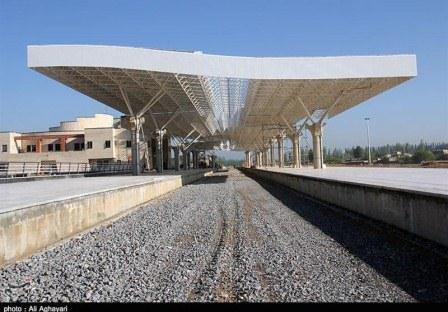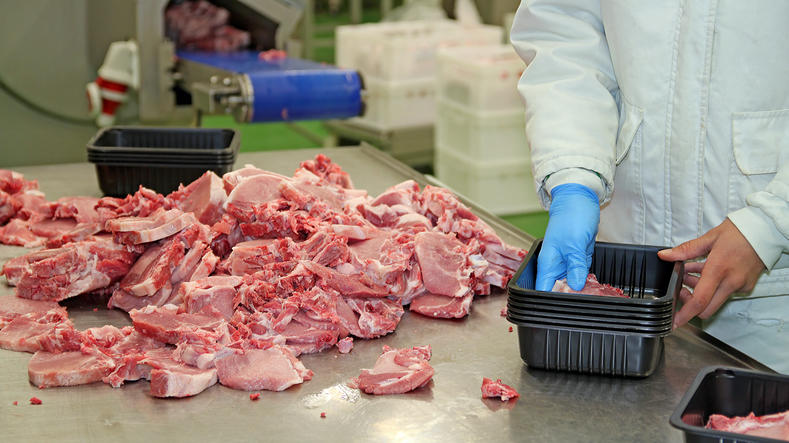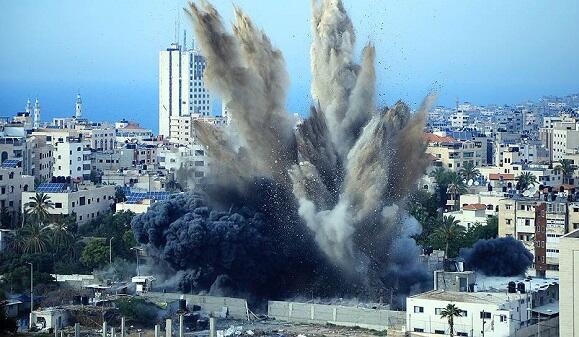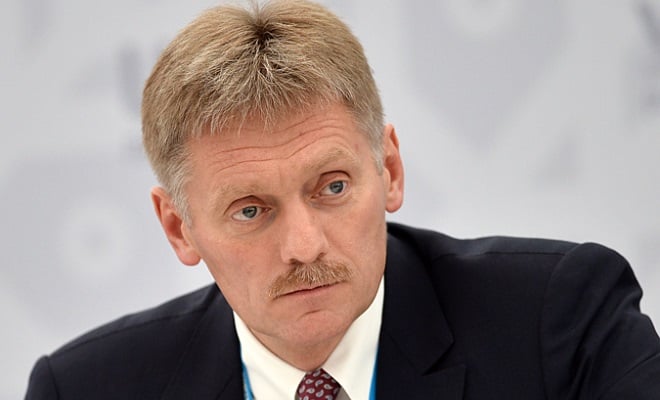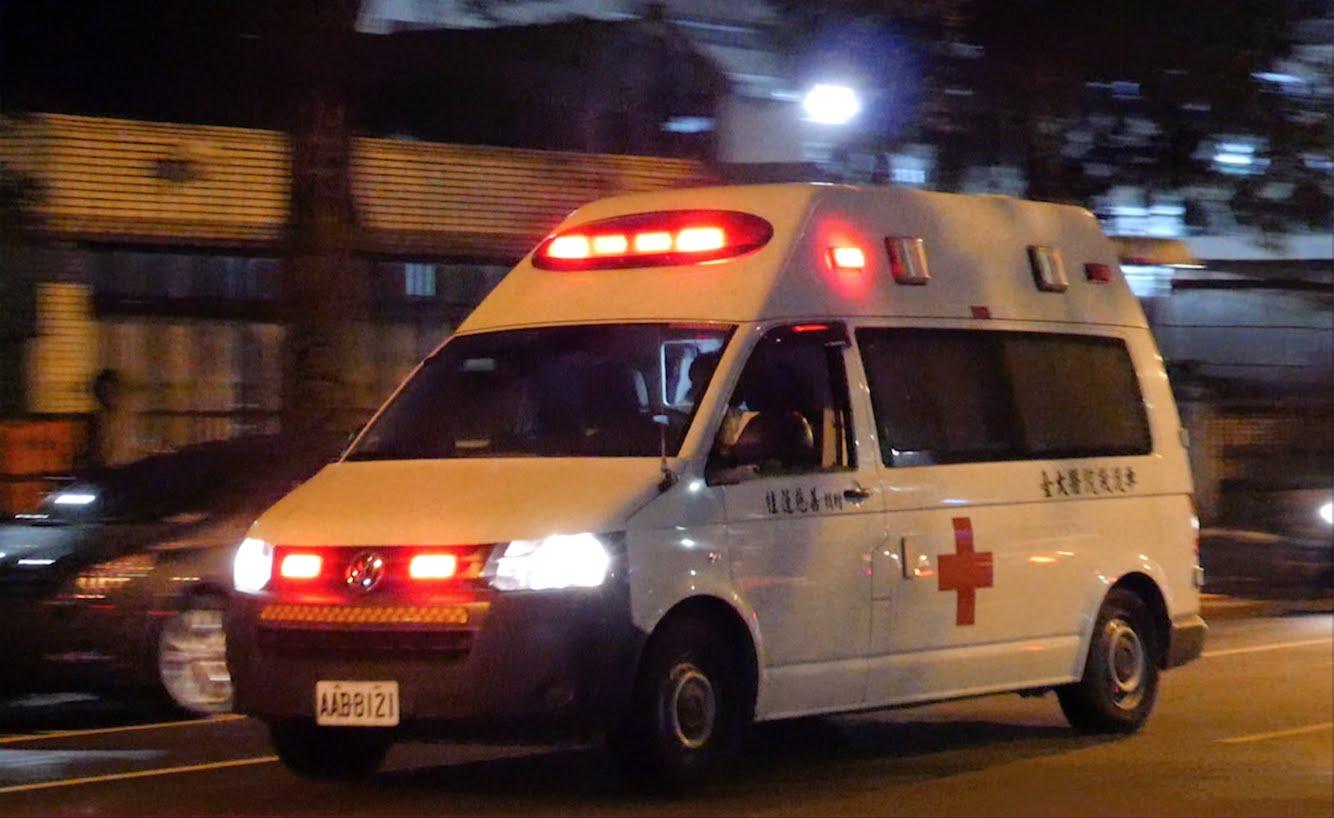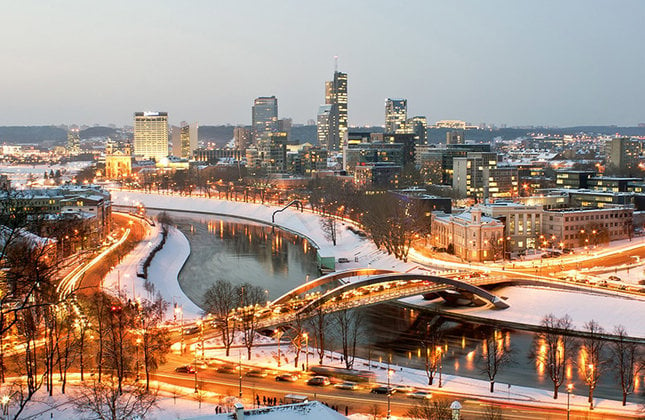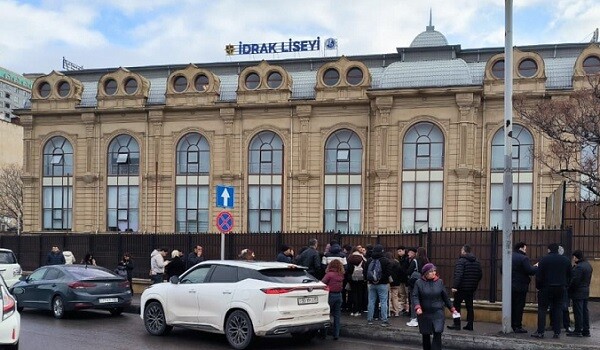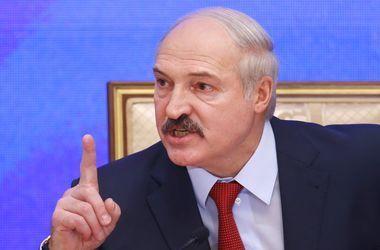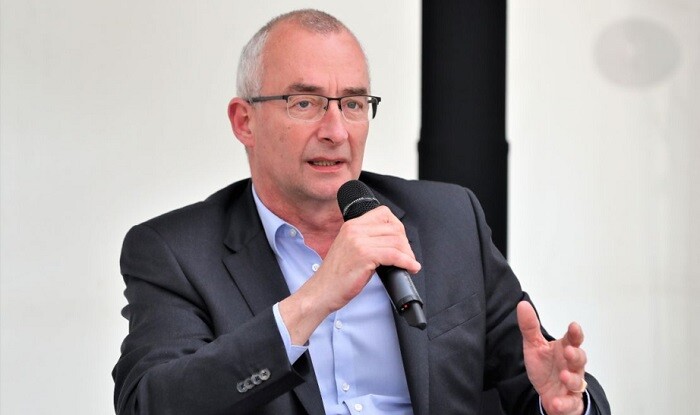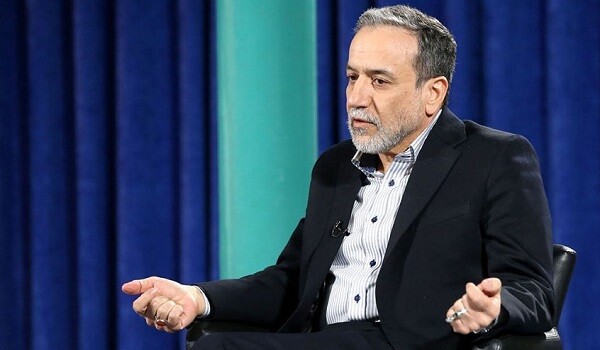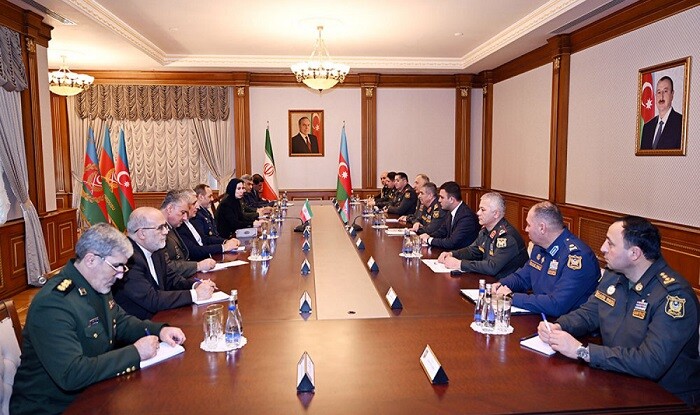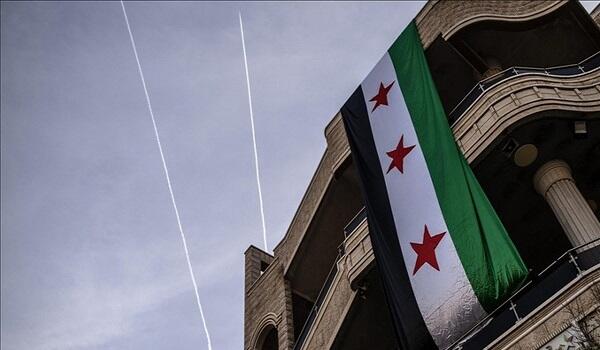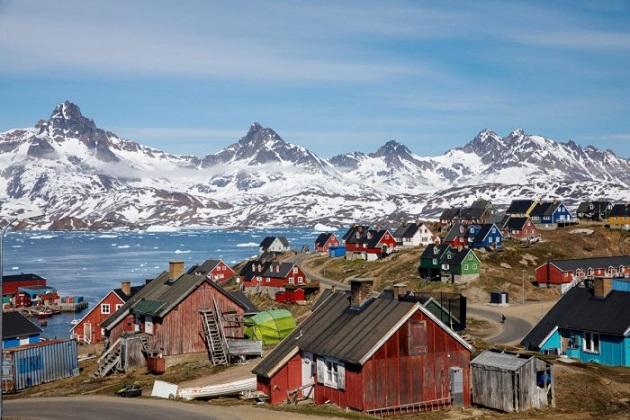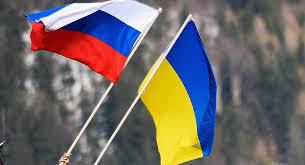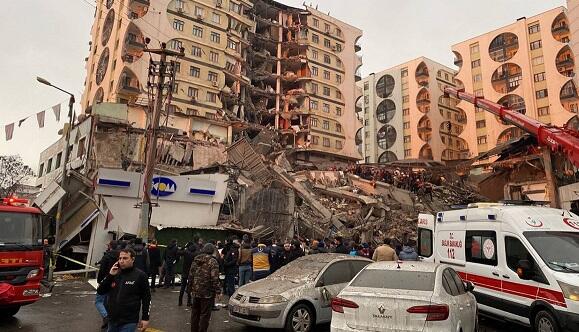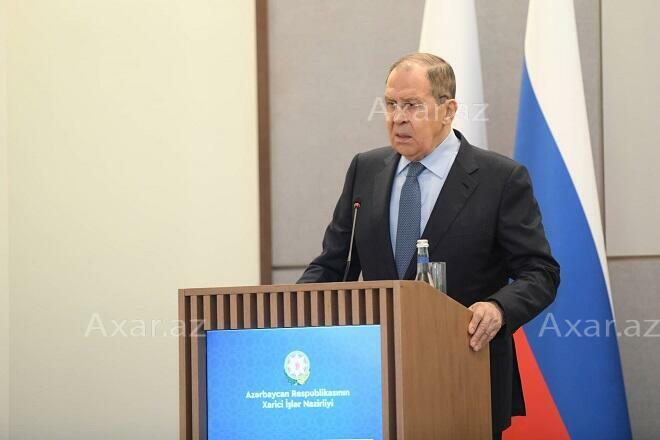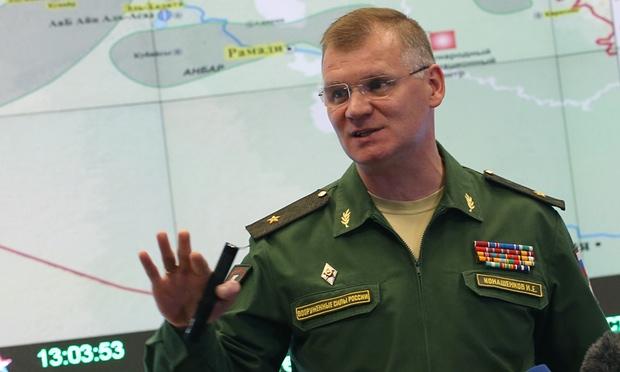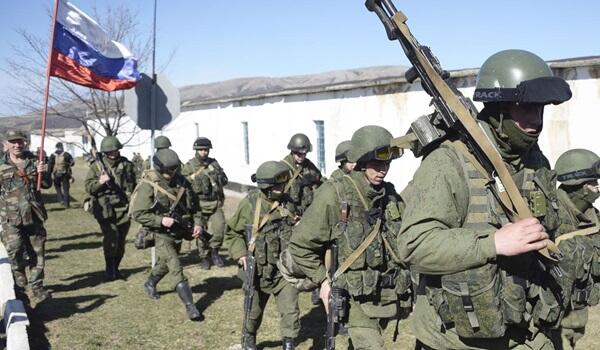At the small mosque in Shahrezad village, piles of human
faeces dot the ablutions room and rubbish is strewn around the
garden. Women with infants huddle in the prayer room and dozens of
others have slept on thin blankets in the open air.
Fifty people are crammed into an abandoned and bombed-out home
nearby, screening off its rooms with sheets for privacy, two days
after fleeing fighting in Mosul for this area on its eastern
outskirts.
The army says the area is now safe and secure and it is
distributing food to the displaced families, most of whom have come
from the Intisar district, where Iraqi forces are battling Islamic
State in an offensive to recapture Mosul, the militants' last major
stronghold in Iraq.
Othman Fadel is not so sure. He yanks his four-year-old son away
from a hole in the ground which contains an unexploded shell. The
families have marked the spot with two breeze blocks. Earlier this
week at least one civilian in Shahrezad was wounded by gunfire.
"We need to get out of here. The frontline is in Intisar, not
here, but it's still not safe," he said. "Our living conditions are
unbearable. There's food, but that's it - no medical aid, nothing.
The children are beginning to get ill."
Fadel's family of seven are desperate to leave the area and head
for the Khazir camp some 30 km (20 miles) further east, and where
they hope conditions will be better. But they have squatted for two
days with no transport, and no way out.
They are among the rapidly increasing number of people fleeing
Mosul as camps around the city begin to fill up with the displaced,
many of whom have no homes to return to.
The United Nations refugee agency UNHCR says nearly 48,000
people have fled their homes since the start of the U.S.-backed
offensive on Mosul last month.
It says hundreds of thousands could be made homeless by what is
turning into a protracted urban battle against the ultra-hardline
group.
A soldier in Shahrezad said he was confident the battle for
Intisar, one of a just a few Mosul districts that Iraqi forces have
entered after weeks of fighting, would soon be won.
"It's better that the families stay here instead of going to the
camp - that way when we've driven Islamic State out they can go
back to their homes," he said.
But many in Shahrezad said their homes were destroyed and having
escaped, they did not want to venture anywhere near the
frontlines.
"We were caught between shelling from both sides. Sometimes
Daesh (Islamic State) would deliberately shell civilians," Fadel
said.
Explosions had made Fadel's son, Jalal al-Din, almost deaf. He
showed the boy's medical records and a scribbled doctor's note:
"Moderate to severe hearing loss."
"He needs treatment. Maybe in the camp we can start to look for
it. We need to go there," Fadel said.
Shahrezad has no working sanitation and parents worry that their
children risk infection or disease from the dire conditions.
"The food the army gives out is mostly rice and bread. This
child needs baby milk," said Aisha Turki, holding her tiny infant
daughter. "She gets cold at night as well, we've no real shelter,"
Turki said.
The World Health Organisation said on Friday about 70 percent of
the newly displaced were living in camps. Thousands of others have
holed themselves up where they can, such as the half-destroyed
concrete bungalows of Shahrezad.
The United Nations says the number of people fleeing is expected
to rise, and is distributing winter supplies as temperatures
drop.
Later in the day, several army trucks arrived in the village and
families began to climb aboard.
For the next wave of people fleeing Intisar, the squalid
Shahrezad will be their home and they will not know for how
long.
